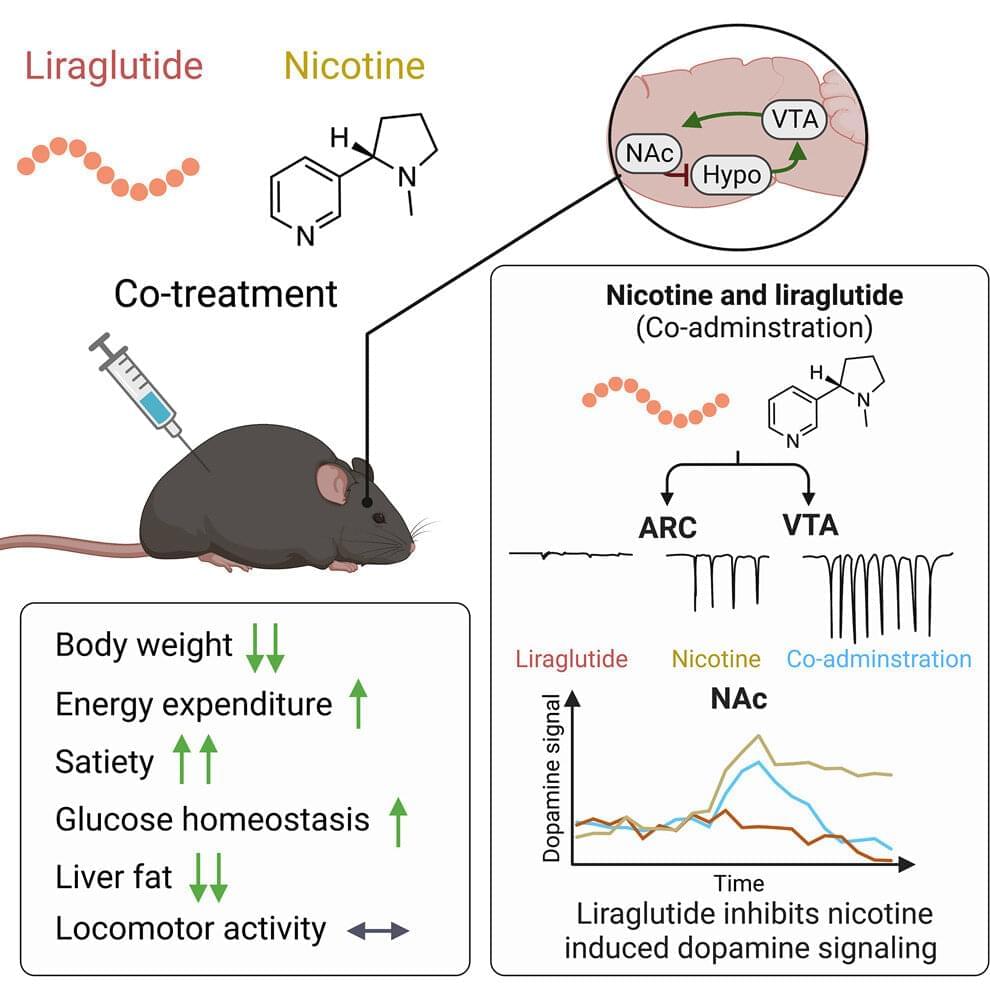
Mindfulness-based awareness training can help people learn to better control brain-computer interfaces. But a new study has found that a single guided mindfulness meditation exercise isn’t enough to boost performance. The findings, published in Frontiers in Human Neuroscience, suggest that a longer period of meditation is needed in order for people to experience observable improvements.
The authors of the research are interested in exploring the potential benefits of using mindfulness meditation as a training tool to improve the performance of brain-computer interfaces, which allow individuals to control machines or computers directly from their brain, bypassing the traditional neuromuscular pathway. These devices have the potential to greatly benefit people with conditions such as spinal cord injuries, stroke, and neurodegenerative diseases like amyotrophic lateral sclerosis (ALS).
Previous studies have shown that one of the most effective signals for brain-computer interface control is the sensorimotor rhythm produced in the primary sensorimotor areas during motor imagery. However, not everyone is able to effectively control brain-computer interfaces, with approximately 20% of the population being “BCI-inefficient” even with extensive training. Therefore, researchers are looking for ways to improve performance, and one potential method is through meditation.

















